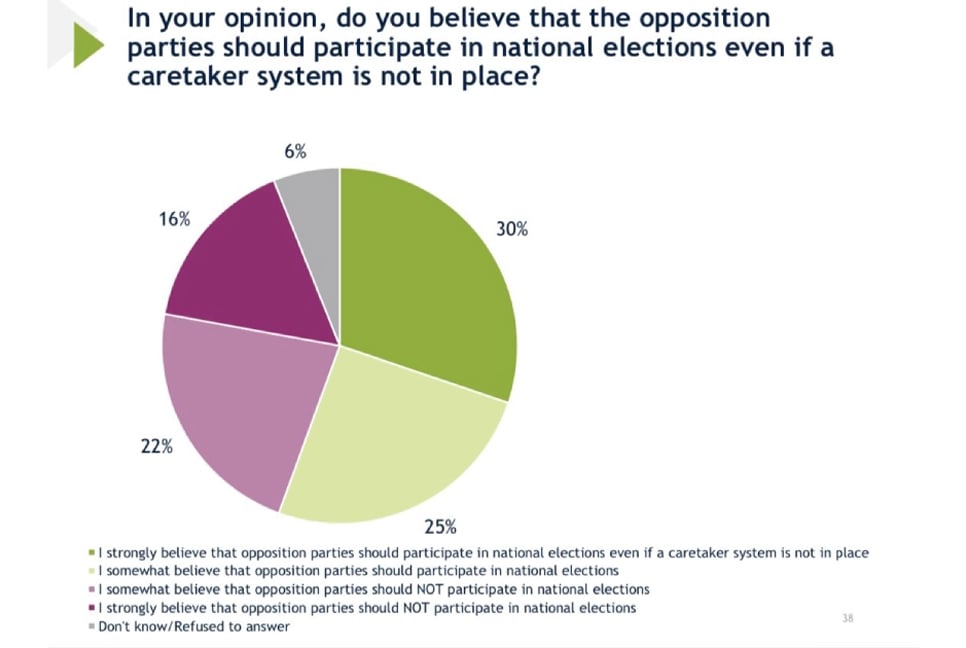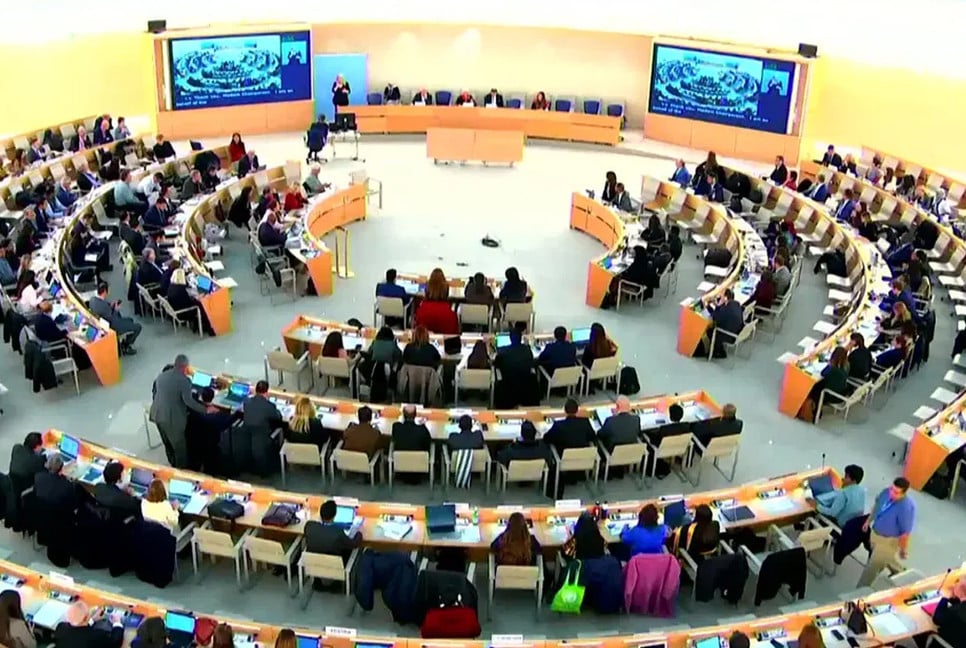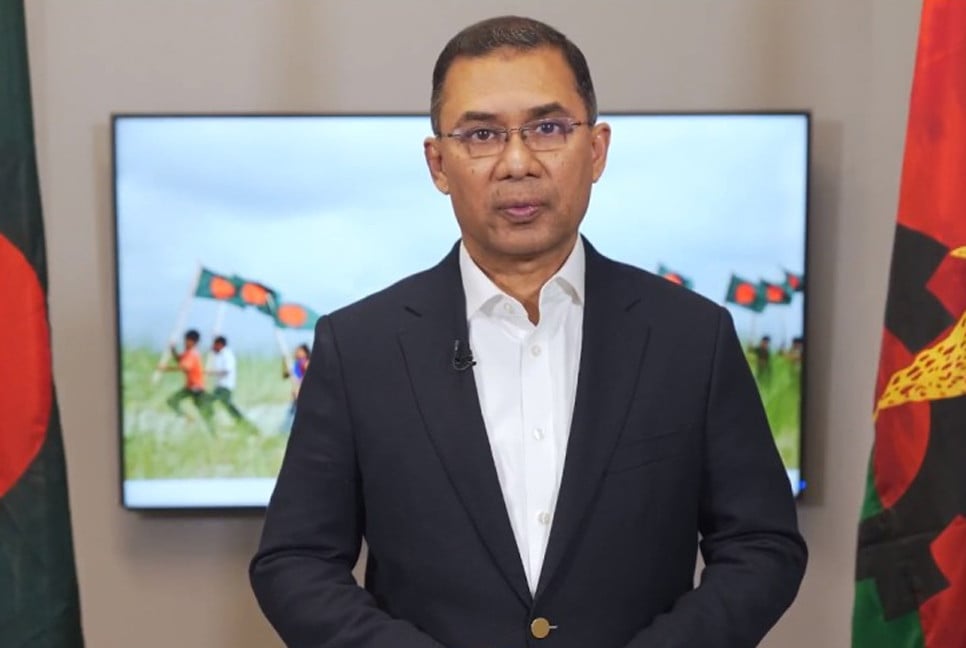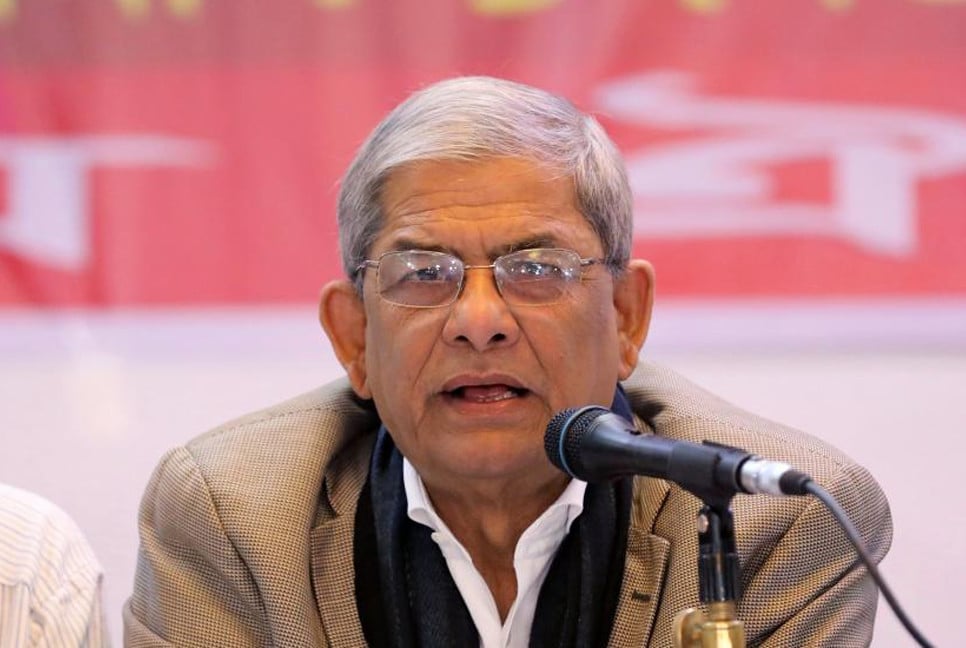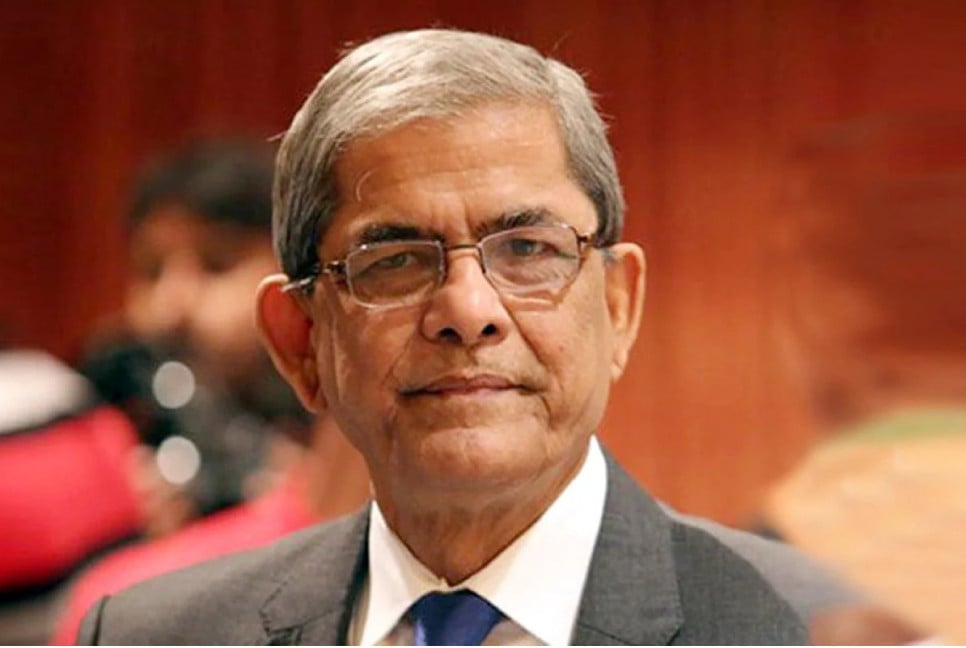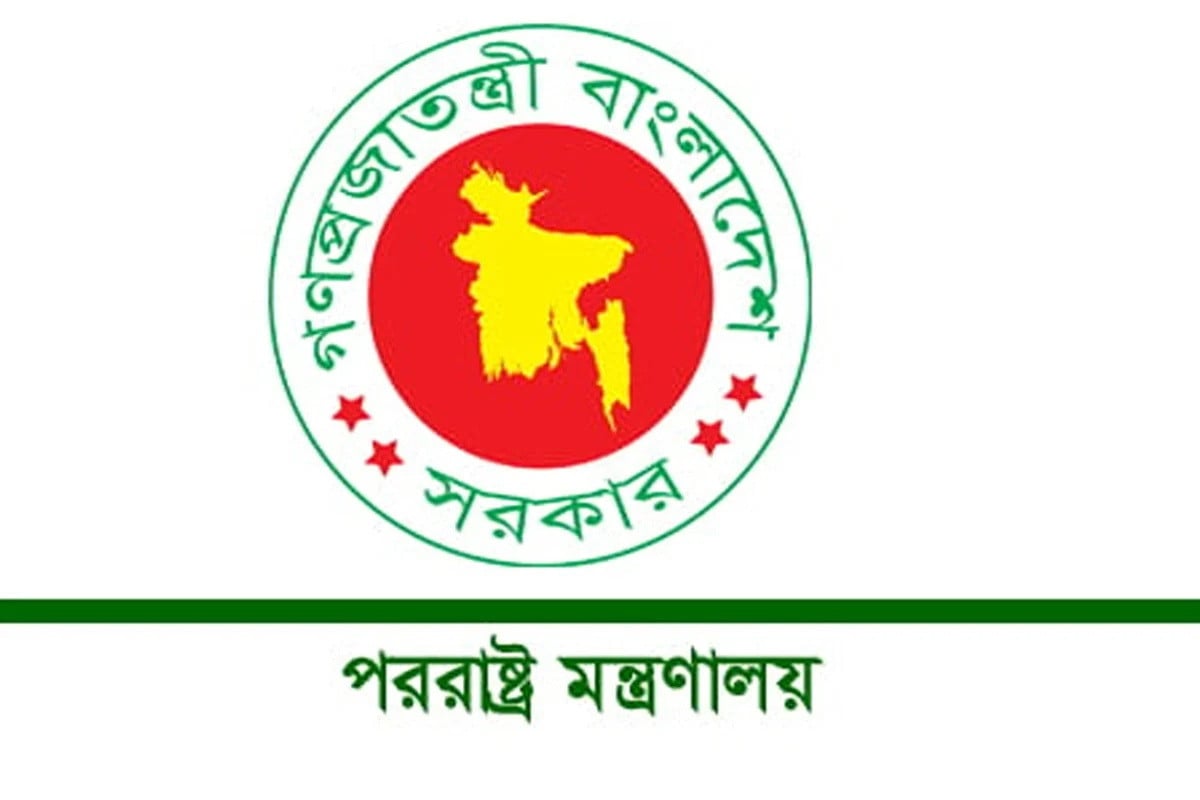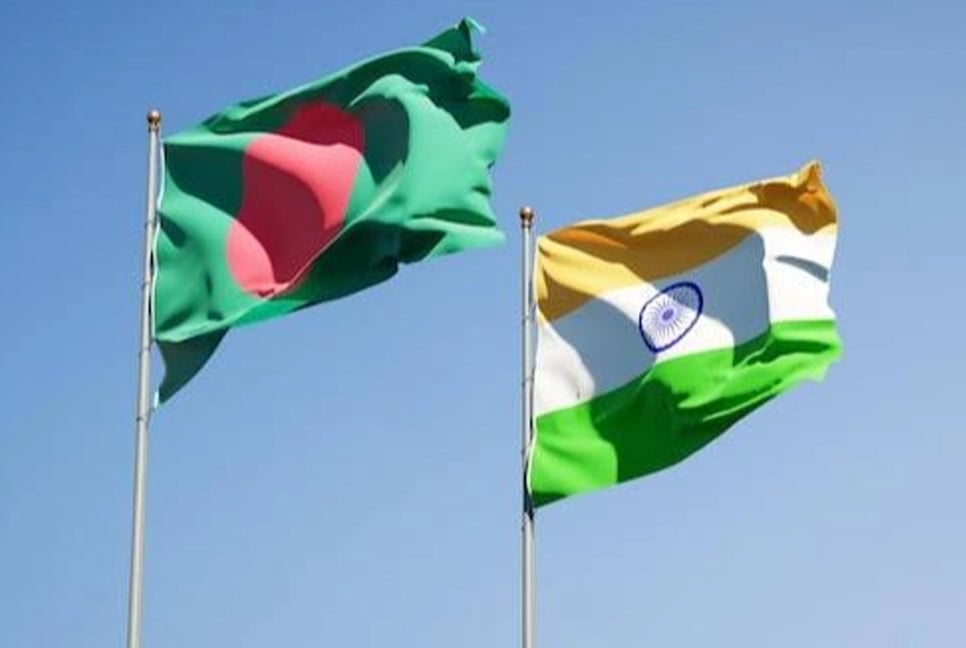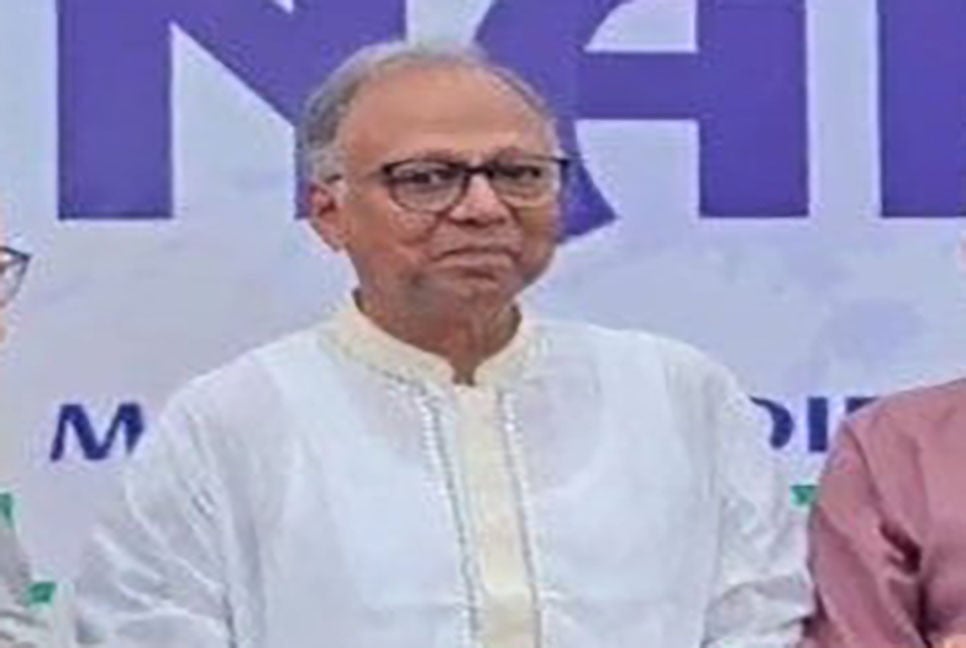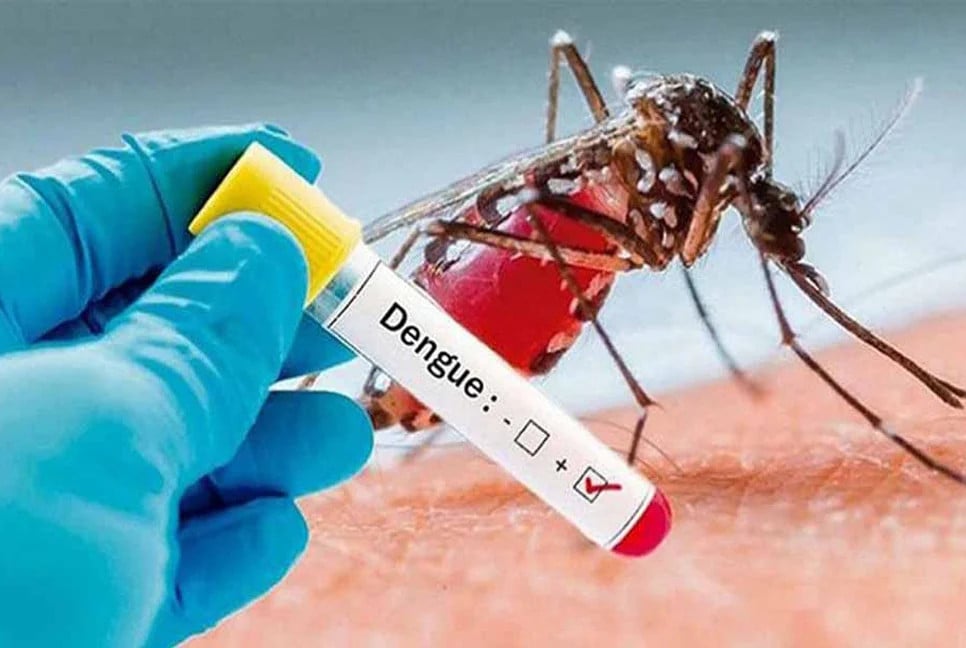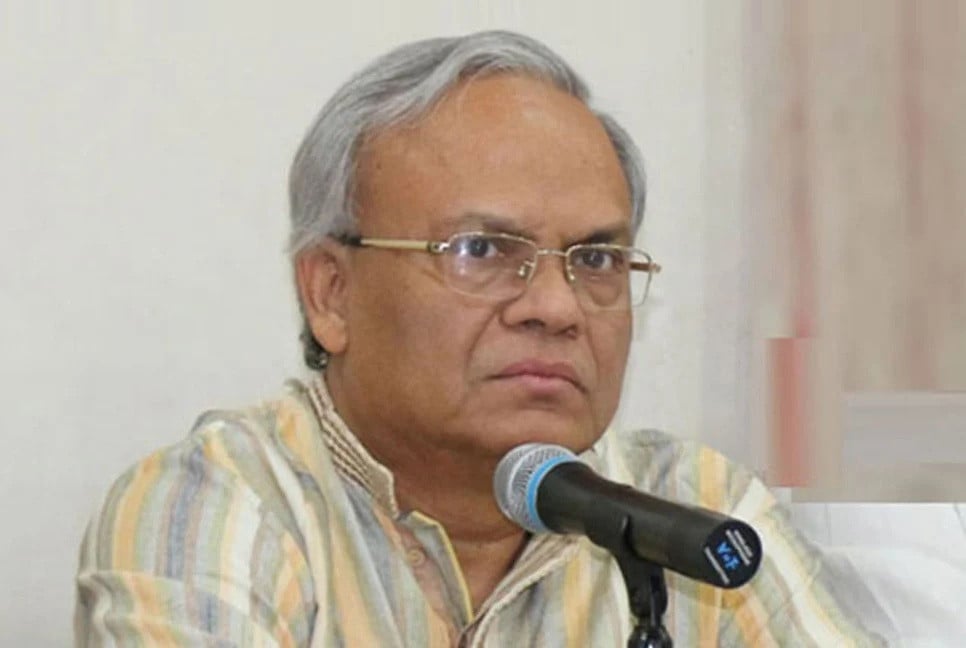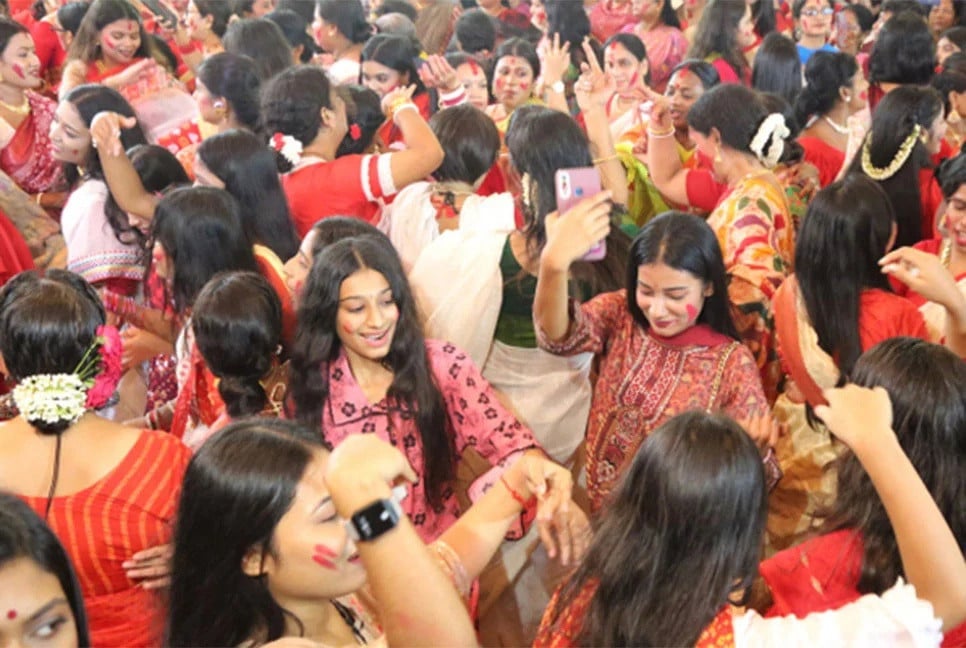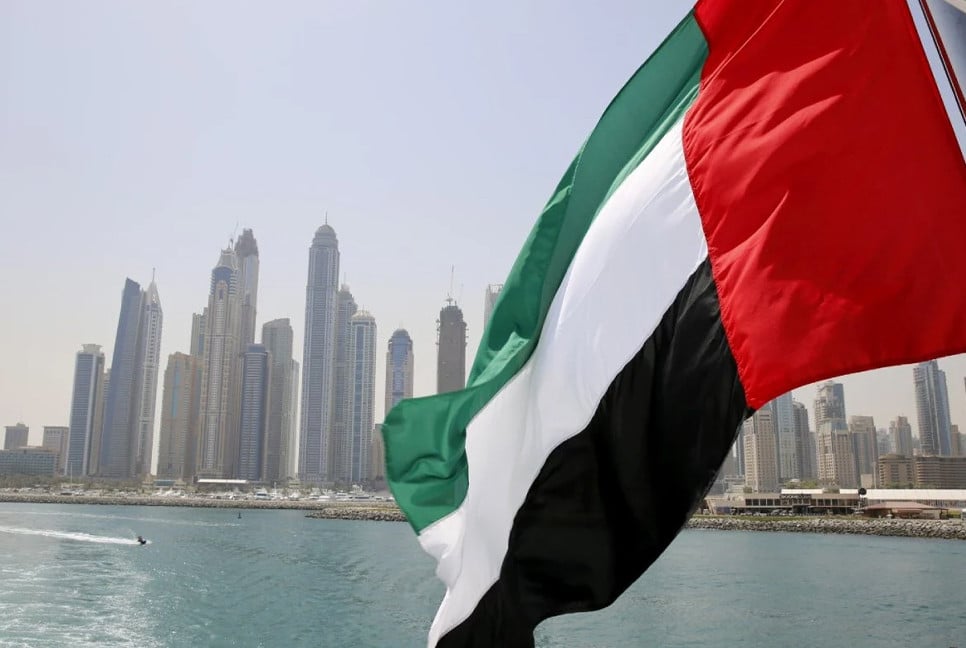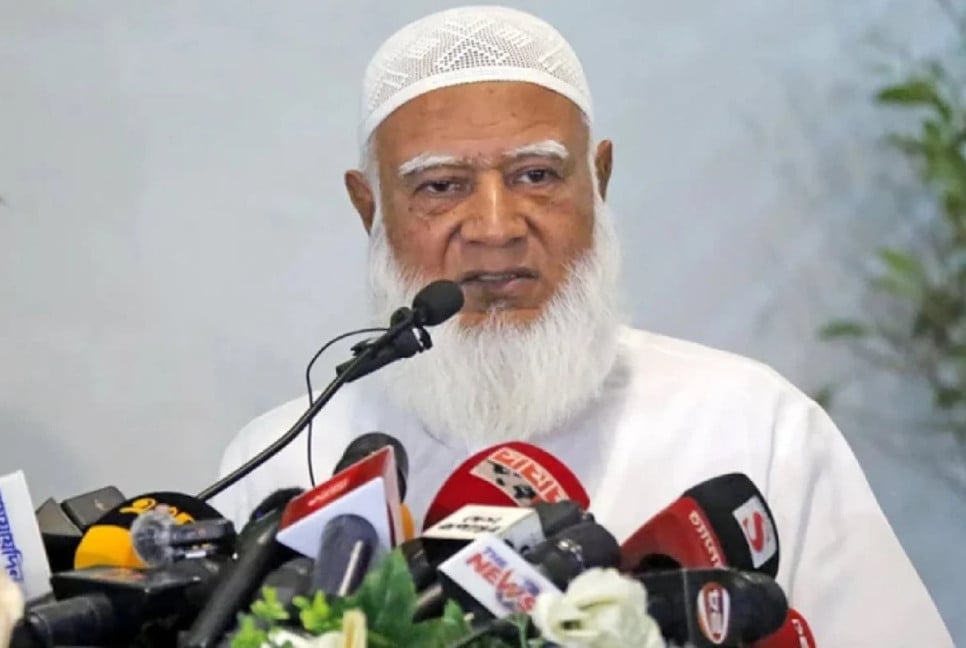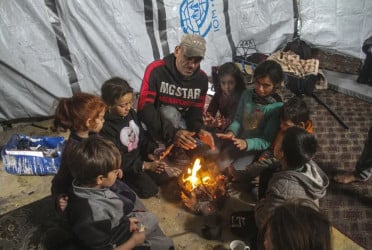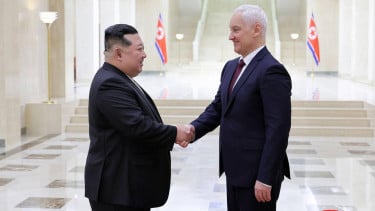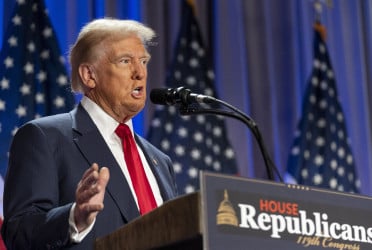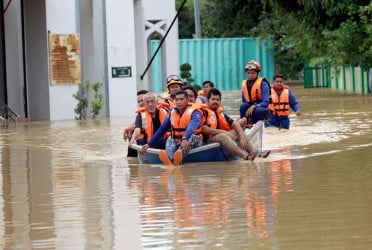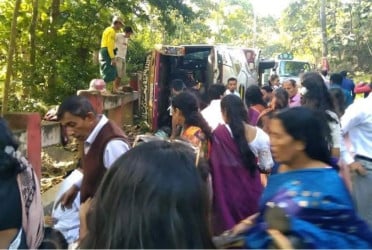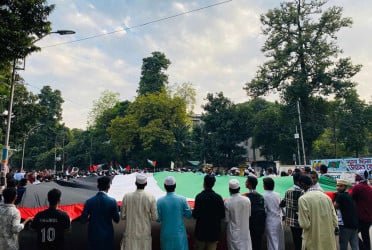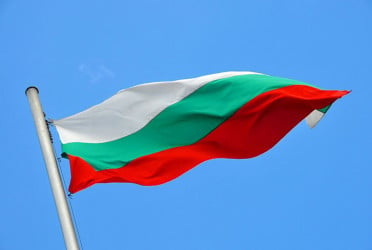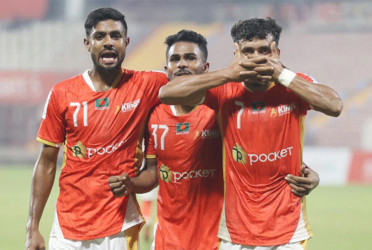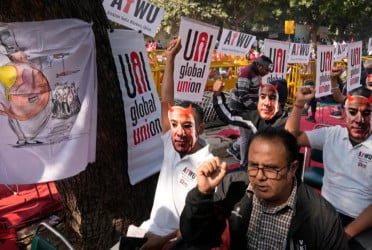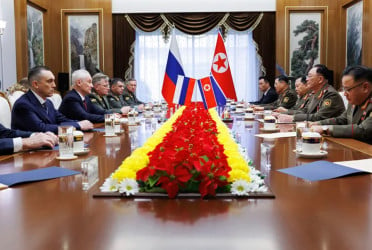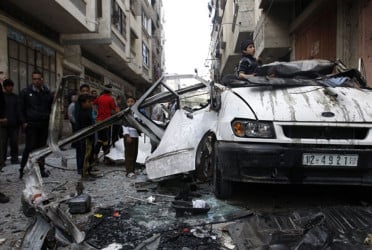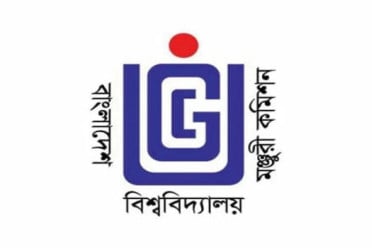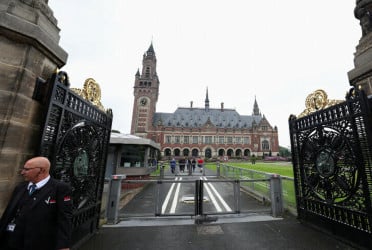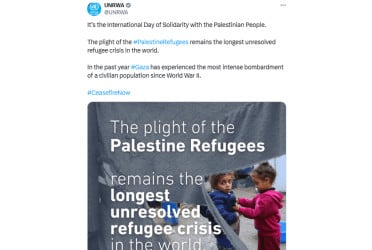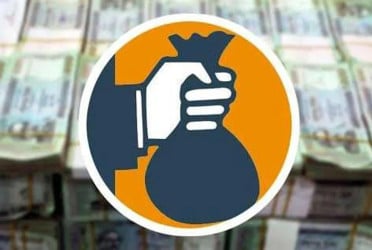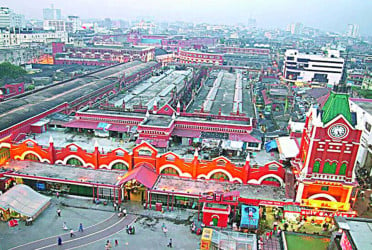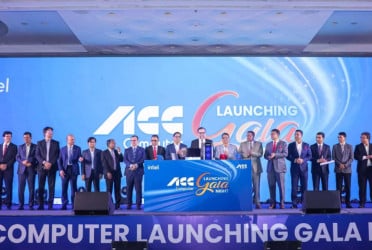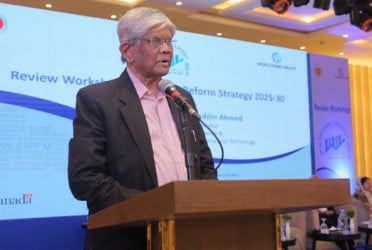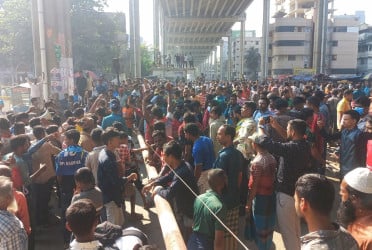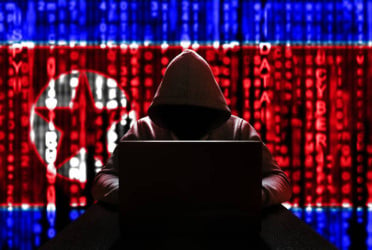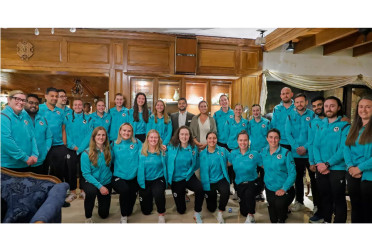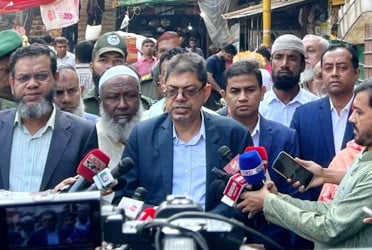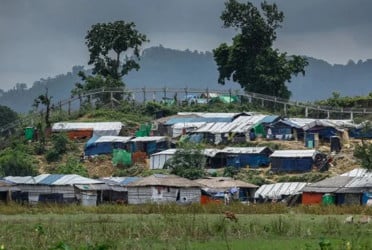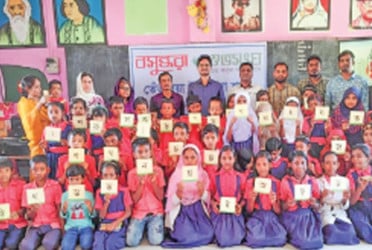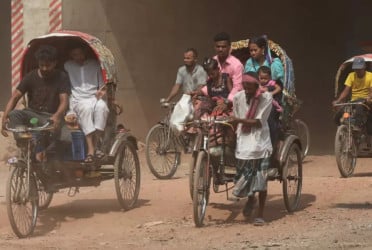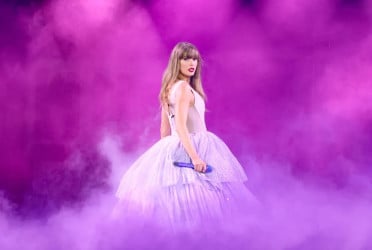An overwhelming majority of 70 percent respondents think that Prime Minister Sheikh Hasina is doing “a good job,” according to a latest survey, reports UNB.
The approval saw a 4 percent rise from 2018, as per the Washington-based International Republican Institute (IRI), which conducted the survey. IRI is an American nonprofit organization funded and supported by the United States federal government. Most of its board is drawn from the Republican Party.
The 4 percent rise in a span of five years stands as an indication that analysts believe validates Sheikh Hasina’s successful Covid-19 management, a raft of infrastructure projects, and rolling out of a number of safety net schemes.
Findings from the national survey of Bangladesh, conducted between March and April 2023, are posted on the IRI website.
On the government’s performance in different sectors, the endorsement for Awami League also stood “high”, as per the survey.
A staggering 87 percent—strongly and somewhat—approve the government’s role in developments or roads, highways and bridges while 86 percent—“strongly and somewhat”—approve the work of the government in ensuring availability of drinking water.
On ensuring availability of electricity, 84 percent endorsed the role of the government. On ensuring quality healthcare, 77 percent approved the efforts put in place by the government.
Around 81 percent of those surveyed endorsed the performance of the government in improving education, while 54 percent contended the government’s fight against violent extremism, and 60 percent approved the government initiatives on ensuring peace.
The role of the government in strengthening democracy in the country was approved by 54 percent of the respondents. On preventing enforced disappearances, 52 percent approved the role of the government.
On the other hand, 55 percent respondents believe the opposition parties should participate in the upcoming polls, even without a caretaker government.
Over the work of civil society organizations, defined as local national or international group of people who organize to support a particular interest or issue, as many as 62 percent of respondents observed “for the most part, they represent the interest of the elites”, in contrast to 35 percent who believed “they represent the interest of the ordinary people.”
While on the corruption issue, 58 percent respondents observed that in the past 12 months their lives have been “not at all” impacted by corruption, but 9% said corruption impacted them on a monthly basis.
The two main political parties, the Awami League (AL) and the Bangladesh Nationalist Party (BNP), are in an intense and often violent political standoff.
The BNP has said it will boycott the parliamentary election until the caretaker government system is restored. The ruling AL contends that Bangladesh’s election commission can ensure free and fair elections.
Bd-pratidin English/Tanvir Raihan

